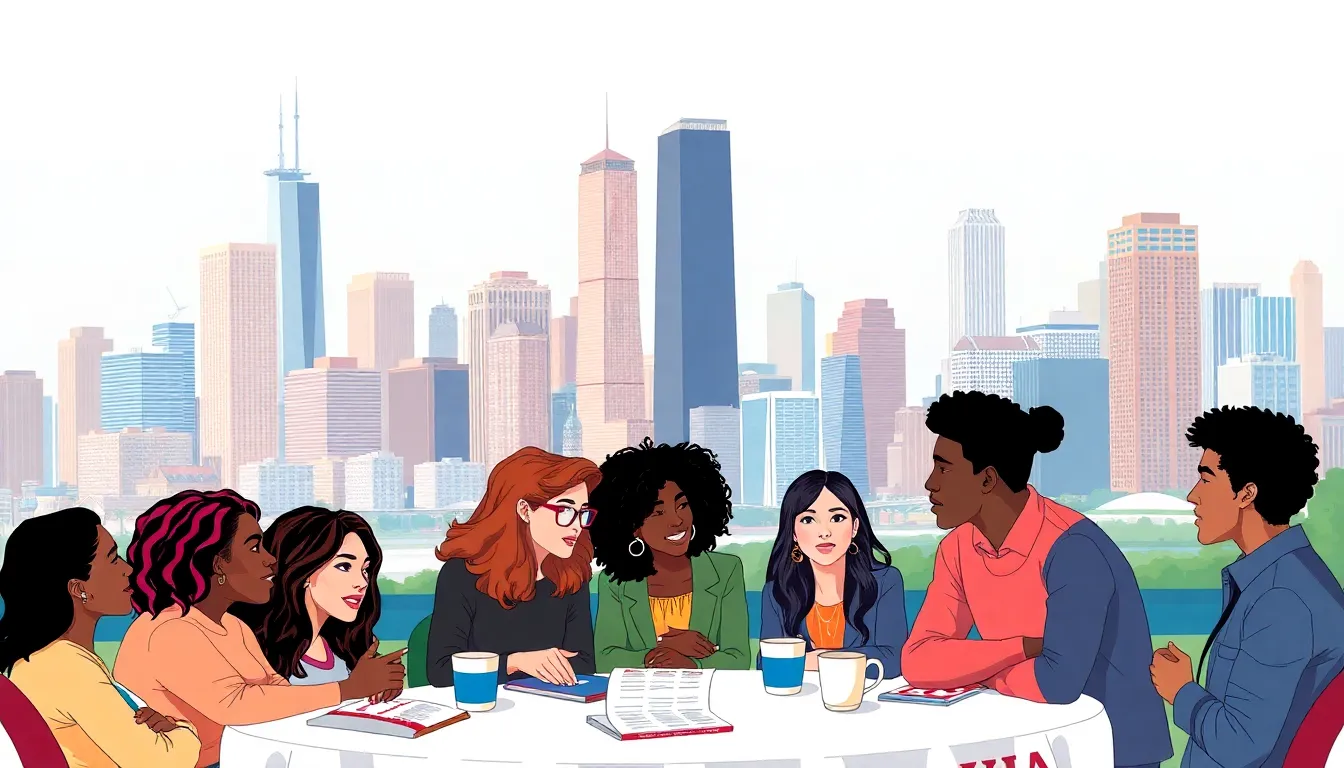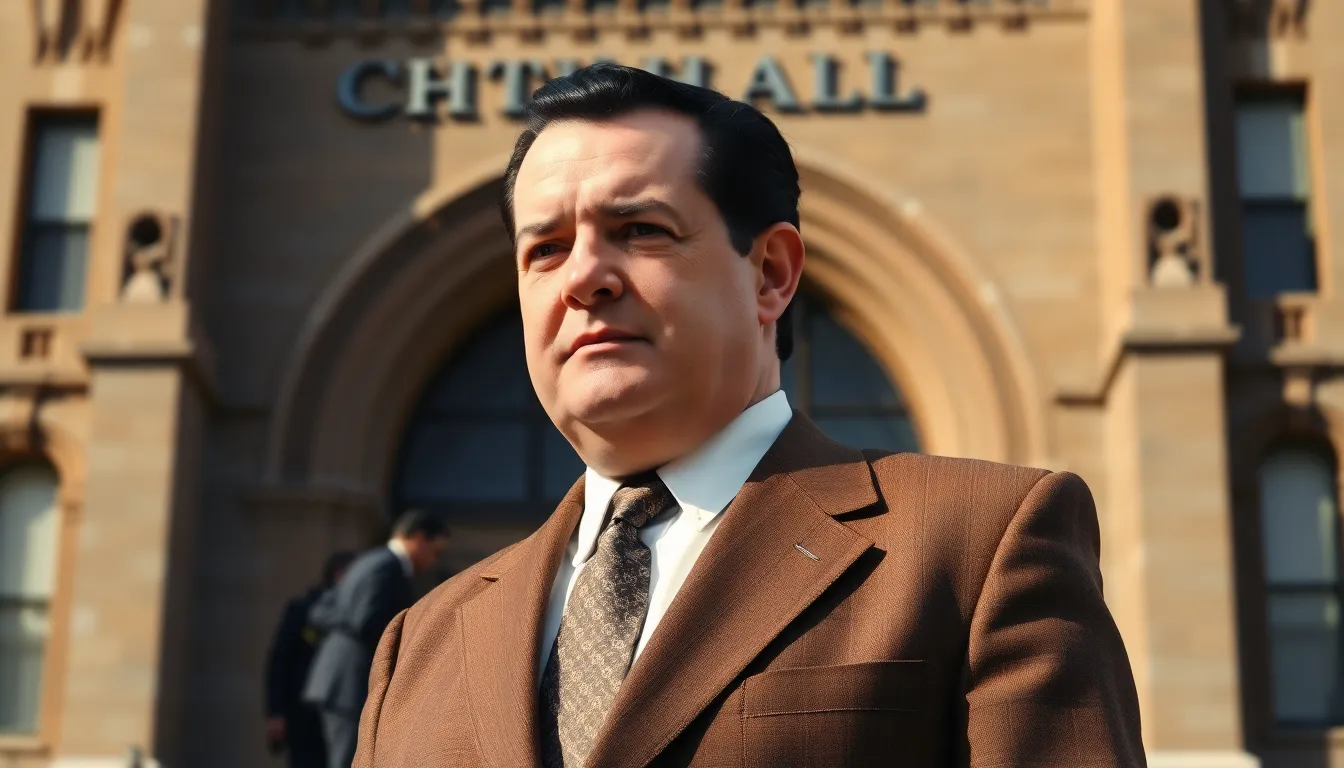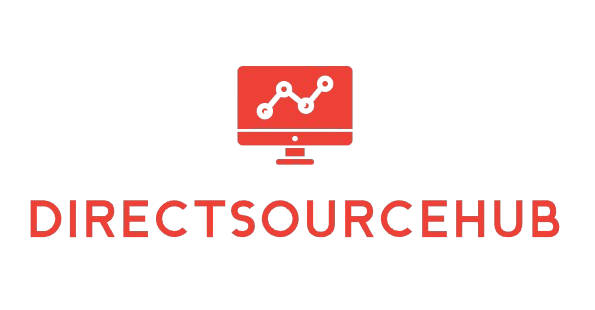
Chicago Politics Unveiled: A Deep Dive into the City’s Turbulent Political Drama
Chicago politics isn’t just a subject; it’s a full-blown spectacle that could rival any blockbuster film. With a rich history of colorful characters and dramatic twists, this city’s political scene has everything from backroom deals to fierce debates that could make even the most seasoned political junkie raise an eyebrow.
Chicago Politics
Chicago politics feature a dynamic landscape marked by colorful figures and intense confrontations. The city’s political arena has seen influential leaders like Richard J. Daley and Harold Washington, each leaving a distinct mark on governance and civic engagement. Underpinning these figures is a complex web of power dynamics, often resulting in significant policy shifts.
Backroom maneuvering defines many political strategies in Chicago. Political machines, notably the Democratic Party, exert significant influence through patronage networks, ensuring loyalty among local officials. This loyalty often shapes legislative priorities, making it crucial for aspiring politicians to navigate these intricate connections.
Elections in Chicago draw national attention. Voter turnout consistently hovers around 55 to 75 percent, reflecting a passionate electorate. Key issues like crime, education, and economic development frequently dominate campaign platforms, resonating with constituents’ daily lives. Furthermore, debates can quickly transform into high-stakes confrontations, captivating both local and national audiences.
The fight for equity remains central to Chicago’s political discourse. Activism from grassroots movements often challenges established norms, pushing for reforms in areas like housing and policing. Engaging young voters through innovative approaches enhances participation and shifts the political landscape toward inclusivity.
Finally, the relationship between Chicago’s mayor and the City Council plays a pivotal role in governance. This interplay can either foster collaboration or heighten tension, particularly during budget sessions or significant policy initiatives. Understanding this dynamic is essential for comprehending the broader implications of decisions made within the city’s political landscape.
Historical Background

Chicago politics has evolved through a rich tapestry of events and influential figures, shaping its current landscape. The interconnectedness of these elements showcases the city’s unique political identity.
Political Landscape in the 20th Century
The political environment in the 20th century was defined by powerful political machines, specifically the Democratic Party. These organizations leveraged patronage systems to maintain control, solidifying their influence over local elections. Notably, political corruption often emerged as a theme, inviting scrutiny yet fostering loyalty among voters. The Great Migration significantly impacted demographics, increasing demands for civil rights and social justice. Furthermore, the election of Richard J. Daley in the 1950s brought forth an era characterized by urban development and political dominance. Grassroots movements also gained momentum during this period, challenging existing norms and advocating for reform.
Key Political Figures
Several key figures shaped Chicago’s political narrative throughout its history. Richard J. Daley, serving as mayor from 1955 to 1976, became synonymous with the city’s political machine. His strategies combined urban planning with political maneuvering. Harold Washington, Chicago’s first African American mayor, took office in 1983 and inspired a wave of progressive change. Community engagement and activism thrived under his leadership, transforming political discourse. Additionally, figures such as Jane Byrne and Rahm Emanuel brought their unique perspectives to governance. Each leader left an indelible mark, continuously influencing Chicago’s ongoing political evolution.
Current Political Climate
Chicago politics remains vibrant and intricate, shaped by numerous factors that reflect the city’s unique identity.
Major Political Parties and Their Influence
The Democratic Party dominates Chicago politics, holding a significant majority in the City Council. Patronage networks historically reinforced this dominance, ensuring voter loyalty through various incentives. Republican influence has diminished, yet it persists, especially in suburban areas. Third parties, while fewer in number, contribute ideas and challenge the status quo. Their presence creates opportunities for dialogue on pressing issues, fostering competition. Shifts in demographics also impact party dynamics, making it essential for political parties to adapt strategies addressing diverse constituents’ needs.
Recent Elections and Outcomes
Elections in Chicago frequently draw national attention due to high voter turnout, often between 55 and 75 percent. In 2023, mayoral races showcased the city’s focus on crime, education, and public health. Candidates emphasized reforms aimed at modernizing policies. The recent municipal elections indicated growing support for progressive candidates advocating equitable solutions. Results reflected shifting priorities among voters, particularly concerning police accountability and housing affordability. Analysis of these outcomes reveals an evolving political landscape in which grassroots movements significantly shape electoral results and policy discussions.
Key Issues in Chicago Politics
Chicago politics focus heavily on crime, public safety, education, and housing policy. These key areas shape the city’s political landscape and influence voter priorities.
Crime and Public Safety
Crime concerns dominate conversations among residents and city officials. Statistics from 2023 indicate a steady increase in violent crime rates, raising alarms. Police accountability remains a significant topic, with many advocating for reform to address systemic issues. Community engagement initiatives aim to build trust between law enforcement and citizens. Activist groups push for alternative safety measures, emphasizing prevention over punitive actions. Public meetings and forums provide platforms for these discussions, ensuring diverse voices are heard.
Education and Housing Policy
Education funding remains a contentious issue, particularly in underserved neighborhoods. Students in these areas often experience inadequate resources, leading to disparities in academic achievement. Housing affordability presents another challenge, with rising rents causing displacement. The city’s response to housing policy includes initiatives aimed at increasing affordable units and preventing homelessness. Stakeholders collaborate on solutions to foster equitable access to quality education and housing. Recent data reveal the urgency for reforms, as residents advocate for systemic changes to create lasting impacts on their communities.
Future of Chicago Politics
The future of Chicago politics appears dynamic, shaped by emerging trends and changing demographics.
Emerging Trends and Changes
Activism drives many recent developments in Chicago. Voter engagement strategies targeted at young people expand participation and inclusivity. Policymakers increasingly focus on accountability, particularly concerning crime and policing. Additionally, community-led efforts emphasize affordable housing and education reform. The rise of progressive candidates reflects shifting voter priorities, particularly surrounding issues of equity and justice. Citizens expect transparency and collaboration from their leaders. Events like the 2023 mayoral race demonstrated a willingness to challenge the status quo, indicating potential shifts in government approach. Increased collaboration between local organizations and residents exemplifies this trend. Heightened awareness of social justice issues continues to influence discussions and policy directions.
Conclusion
Chicago politics embodies a dynamic interplay of history and innovation. The city’s vibrant political culture reflects a passionate electorate eager for change and reform. As grassroots movements gain traction and progressive candidates rise, the focus on equity and accountability becomes increasingly prominent.
Future elections will likely continue to spotlight pressing issues like crime, education, and housing. The ongoing dialogue between citizens and their leaders is essential for fostering a more inclusive political landscape. With each election cycle, Chicago proves that its political narrative is far from static, remaining a captivating story that evolves with the voices of its residents.
